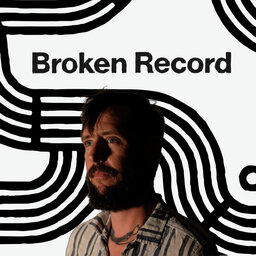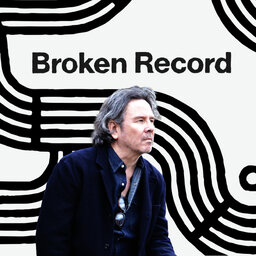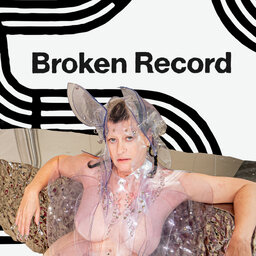Graham Nash, Part 2
Today we have the second part of Rick Rubin’s conversation with legendary singer/songwriter Graham Nash. We dropped part one a couple of weeks ago, so definitely go check that out if you haven’t already.
On today’s episode Graham tells Rick about the time the Grateful Dead were recording next to CSNY and how Jerry Garcia improvised a near-perfect pedal steel solo on “Teach Your Children.” Graham also describes a bizarre encounter with the judge who sentenced his father to prison, and he shares the inspiration behind his new solo album, Now.
You can hear a playlist of some of our favorite Graham Nash songs HERE.
 Broken Record with Rick Rubin, Malcolm Gladwell, Bruce Headlam and Justin Richmond
Broken Record with Rick Rubin, Malcolm Gladwell, Bruce Headlam and Justin Richmond


